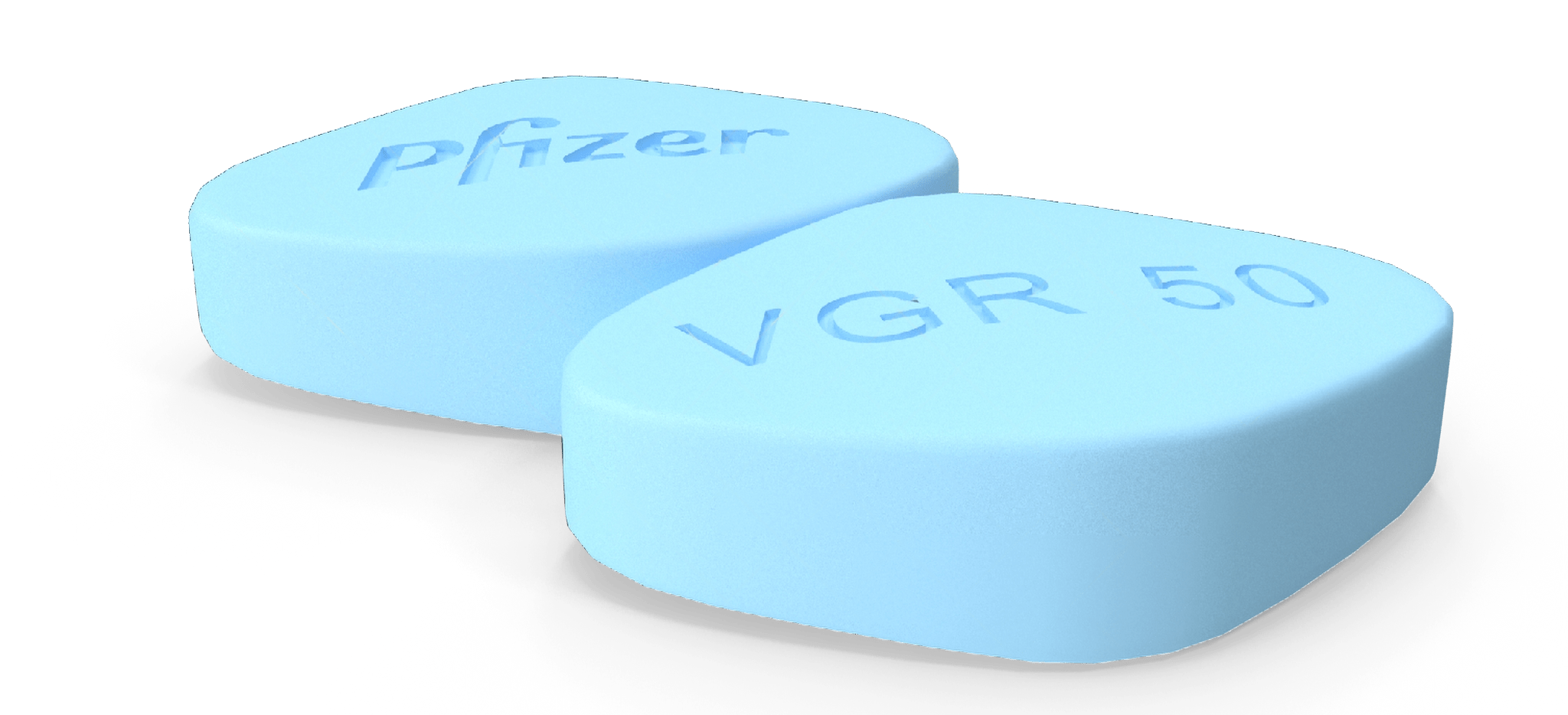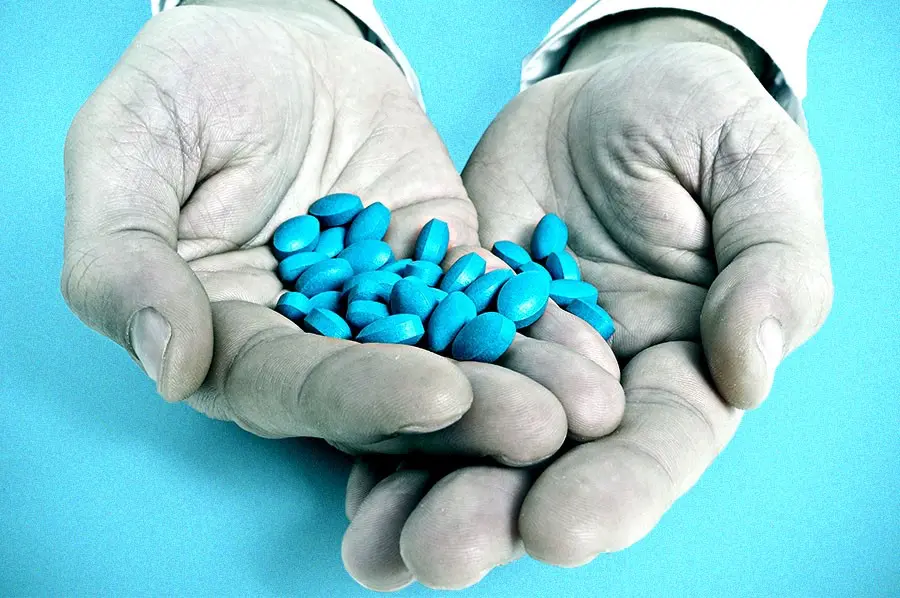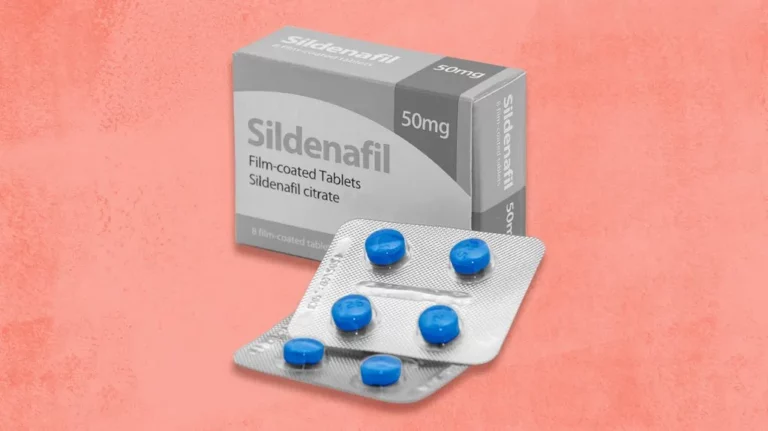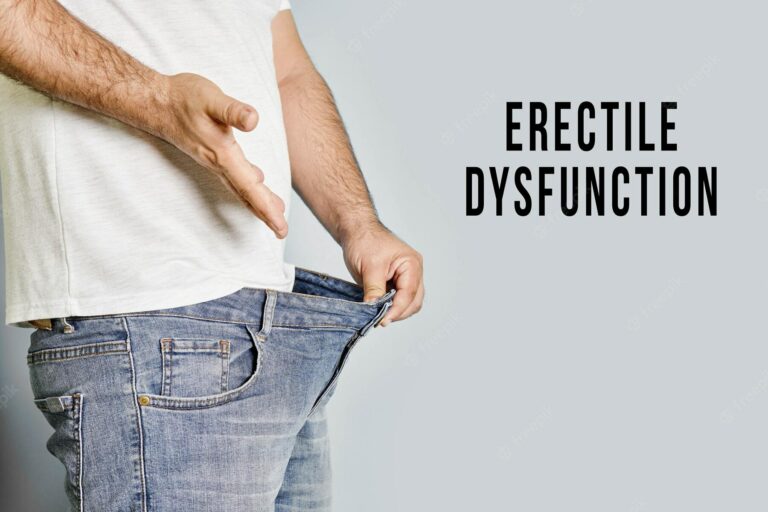What Every Playboy Needs to Know About ED Drugs
For many men, the ability to rise to the occasion is a point of masculinity and pride. But when things don’t work as expected in the bedroom, it can be frustrating and embarrassing. Erectile dysfunction (ED) affects at least 50% of men at some point in their lives. The good news is, there are several highly effective medications that can help you get your mojo back. This Playboy guide will give you the straight talk on ED drugs – how they work, what to expect, and any potential side effects. So read on and get ready to keep it up, gentlemen.
Causes of Erectile Dysfunction
Before we get to the drugs, it’s important to understand what causes ED in the first place. Physical and psychological factors can both interfere with arousal and erections.
Physical Causes
The most common physical causes include:
- Vascular conditions – Anything that affects blood flow to the penis can result in ED. This includes atherosclerosis, high blood pressure, and high cholesterol.
- Diabetes – Men with diabetes have a higher risk of ED due to nerve and blood vessel damage over time.
- Obesity – Excess weight contributes to vascular problems and can affect testosterone production.
- Smoking – Lighting up constricts blood vessels and decreases blood flow.
- Alcohol/drug use – Booze might lower inhibitions, but too much alcohol acts as a depressant. Certain illicit drugs also cause ED.
- Hormonal changes – Low testosterone is a major cause of ED as men get older. Some medications also impact hormone levels.
- Nerve damage – Injuries, surgeries, or conditions like multiple sclerosis can disrupt nerve signals involved in arousal and erection.
- Medications – Blood pressure meds, antidepressants, and other drugs list ED as a side effect. Always read the label.
Psychological Causes
Even if plumbing is working properly downstairs, ED can still occur if a man’s head isn’t in the game. Common psychological culprits include:
- Stress – Job worries, money problems, or general anxiety can all impair sexual function.
- Depression – The lack of interest caused by depression directly causes ED.
- Performance anxiety – The pressure to “get it up” can become a self-fulfilling prophecy.
- Relationship issues – Problems with intimacy or trust can manifest as ED.
- Previous sexual trauma – Past experiences can contribute to anxiety about sex.
Bottom line – physical and mental health are closely intertwined when it comes to sexual function. Treating ED often requires looking at both.
How ED Drugs Work
While the root causes of ED can be complex, the medications used to treat it have a simple mechanism of action. They work by increasing blood flow to the penis.
When a man becomes aroused, nerves release chemicals that increase blood flow into the spongy erectile tissue of the penis. This influx of blood gets trapped, creating an erection. ED drugs enhance this vasodilation (widening of blood vessels) to improve erectile function.
The effects of ED drugs depend on which chemical messenger they target:
- PDE5 inhibitors – These block the enzyme PDE5, which normally breaks down cGMP. More cGMP means more blood flow into the penis.
- Guanylate cyclase stimulators – These mimic nitric oxide, telling artery walls to relax and let blood flow in.
- Alpha-blockers – These reduce the effects of norepinephrine and facilitate erections.
While there are subtle differences between individual drugs, they generally work along those lines to improve blood flow and erectile response.
Types of ED Drugs
There are a variety of ED medications available by prescription. The most well-known are PDE5 inhibitors like Viagra, but other options exist too. Talk to your doctor about which might be best for your needs.
PDE5 Inhibitors
This class of drugs is considered first-line treatment for most men with ED. They’re competitively inhibited, meaning they don’t work well together. Never take two at the same time.
- Sildenafil (Viagra) – The first oral ED drug approved, it remains widely used. It comes in 25mg, 50mg, or 100mg tablets.
- Vardenafil (Levitra) – Similar effects as Viagra, but starts working faster. The lower 5mg dose may have fewer side effects.
- Tadalafil (Cialis) – Can be taken as a daily low-dose pill. The effects last longer than other options, up to 36 hours.
- Avanafil (Stendra) – Newer medication said to have fewer side effects and work quickly. Best taken 30 minutes before sex.
- Vardenafil ODT (Staxyn) – Comes in an orally disintegrating tablet form rather than a pill. Easier to take but more expensive.
While brand names were first to market, reliable generic versions of these drugs now exist at lower cost. Discuss options with your physician.
Other ED Drugs
Beyond PDE5 inhibitors, other types of ED drugs target different chemical messengers in the body. They may be alternatives if PDE5 drugs aren’t effective.
- Alprostadil – Available as shots (Caverject, Edex) or urethral suppositories (Muse). Directly relaxes smooth muscles in the penis.
- Papaverine – Injected directly into the penis as a standalone treatment or combined with alprostadil. Widens blood vessels.
- Phentolamine – Given by injection, this alpha blocker helps relax penile muscles for improved blood flow.
While they work rapidly, the inconvenience of injections and suppositories limits their use for most men. Talk to your urologist.
Using ED Medication Safely
Before taking any ED drug, there are some important safety considerations to keep in mind. Certain existing health conditions may rule them out for you:
- Men with heart conditions or taking nitrates for chest pain cannot take PDE5 inhibitors due to risk of severely low blood pressure.
- Liver disease may require dose adjustments or avoid certain medications.
- Loss of eyesight or hearing could be a rare side effect. Use cautiously if you have eye issues like retinitis pigmentosa or NAION.
- Alpha-blockers for prostate problems combined with ED drugs increase side effect risks.
You’ll also need to discuss all current prescriptions and supplements with your doctor. ED drugs have significant interactions with:
- Blood pressure medications
- Antibiotics
- Antifungals
- Anti-seizure drugs
- HIV medications
Even over the counter drugs like NSAIDs can cause problems in combination. Don’t mix ED pills with “poppers” or recreational drugs, either.
Always start with the lowest effective dose and do not exceed the maximum daily dosage. Taking more will not increase effects but does raise the likelihood of side effects. Don’t take two different types of ED drugs at the same time.
What to Expect When Taking ED Medication
Prescription ED pills don’t automatically cause an erection. You still need to be sexually aroused for them to work properly. Most medications take 30-60 minutes to take effect and the results last for several hours.
Don’t expect medications to make your penis larger overall. They facilitate erections during sexual stimulation, but do not permanently increase size when flaccid.
The drugs improve erectile response for about 70% of users but won’t fix ED in all cases. Other treatment options do exist for men with continued issues. Don’t hesitate to talk to your doctor if pills aren’t providing the help you need.
Potential Side Effects of ED Drugs
While proven safe and effective when used as directed, ED medications can cause some side effects. Many are mild and often decrease with continued use. But a few rare side effects need immediate medical care.
Common Side Effects
The most frequently reported side effects include:
- Headaches
- Flushing
- Dizziness
- Nasal congestion
- Back or muscle aches
- Nausea
- Vision changes
- Diarrhea
- Rash
Priapism, a prolonged painful erection lasting more than 4 hours, is another potential side effect needing urgent care. Permanent damage can occur if untreated.
Rare Vision/Hearing Loss
There appears to be a small risk of sudden vision or hearing loss associated with PDE5 inhibitors, particular Viagra. Stop taking pills and get prompt care if these occur. Vision and hearing typically improve after use stops.
Drug Interactions
Combining ED drugs with certain other medications raises the risk of severely low blood pressure. Nitrates, alpha-blockers, and blood pressure drugs pose the biggest concerns for life-threatening interactions.
Always provide your complete medical history before taking any new medications, even those available over the counter. Drug interactions can sneak up on you.
The Takeaway on ED Meds
While no man wants to face erection issues, help is available in the form of prescription drugs proven to improve blood flow and erectile function. PDE5 inhibitors like Viagra and Cialis are first-line options for most men.
However, ED medications must be used properly to prevent complications. Discuss your complete health history with your doctor before starting treatment for the first time. Follow prescribed dosing carefully and report any concerning side effects promptly.
With some knowledge about how ED drugs work, safety precautions, and what to expect, men can enjoy their love lives once again thanks to medical advancement. Don’t let erectile dysfunction cramp your style in the bedroom any longer. Talk to your physician and find your perfect ED solution.







